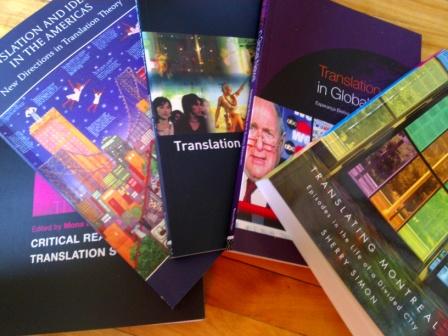I Can Do Better Than That!
DOI:
https://doi.org/10.21992/T9S91WKeywords:
Translation, Authorship, Writing, crypto-languageAbstract
This paper builds on the notion of crypto-languages, or hidden languages, to narrate the author’s coming to writing and translation. His novels are discussed as all including one aspect or another of crypto-language. For example, Russian becomes the key to salvation for Sonya, who doesn’t know how to speak it, in Sonya & Jack, and a clinical psychologist in the former Yugoslavia admits in The Speaking Cure to knowing that his patients lie to him, but that behind every lie lies the truth. The author himself learned the difference between “real” foreign languages—French, German or Spanish—and cryto-languages—Polish, Czech or Yiddish—during his childhood in Chicago. The experience of learning French forged in him the desire to write, which in turn created the desire to translate that is described here as a kind of voyeurism. The title of the paper refers to the feeling one has while reading some translated fiction: “I can do better than that!” Translation, as a form of writing, can improve the original by correcting various mistakes, in the logic of the plot, for instance. But there is a difference between writing and translating: the writer writes to find out how the story will end but the translator already knows. As a result, the best way for a writer to translate is to resist reading the book before starting the translation.Downloads
Downloads
Published
Issue
Section
License
Authors who publish with this journal agree to the following terms: a.Authors retain copyright and grant the journal right of first publication with the work simultaneously licensed under a Creative Commons Attribution License that allows others to share the work with an acknowledgement of the work's authorship and initial publication in this journal. b.Authors are able to enter into separate, additional contractual arrangements for the non-exclusive distribution of the journal's published version of the work (e.g., post it to an institutional repository or publish it in a book), with an acknowledgement of its initial publication in this journal. c.Authors are permitted and encouraged to post their work online (e.g., in institutional repositories or on their website) prior to and during the submission process, as it can lead to productive exchanges, as well as earlier and greater citation of published work (See The Effect of Open Access).



